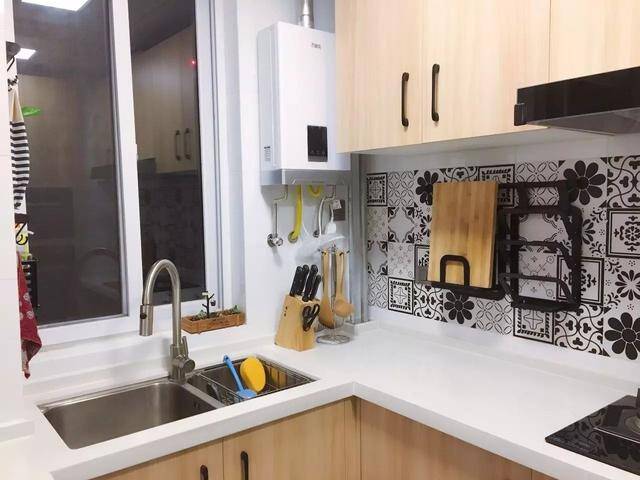These sponges, scrubbers, and steel wool may be our trusted allies in the daily dishwashing routine, effectively removing stubborn stains and keeping our dishes, pots, and pans looking brand new. However, these seemingly harmless tools can pose significant health risks, especially when used and kept for extended periods without replacement, as many households do to save costs.
Some people believe that as long as these cleaning tools continue to function, there is no need to replace them. This notion is entirely wrong and can have detrimental consequences.

Over time, sponges, scrubbers, and steel wool accumulate grime and dirt. Even more frightening is the fact that these dirty tools can become breeding grounds for bacteria, which thrive in the damp environment of the kitchen, posing a severe threat to our health.
When we use these bacteria-infested cleaning tools daily, not only do our hands come into contact with the bacteria, but they can also transfer onto our dishes and other kitchen utensils. Over time, these bacteria can enter our bodies through the food we eat, leading to unforeseen health complications.
Research reveals that nearly half of the most common bacteria found in sponges belong to risk group 2, indicating their potential to cause disease. To prevent bacterial infections, experts advise replacing sponges, scrubbers, and steel wool at least once a week.

These cleaning tools are inexpensive, usually costing just a few thousand VND, but they play a crucial role in maintaining our health and hygiene. Therefore, it is essential not to compromise our well-being to save a negligible amount.
Additionally, proper storage of these tools is vital. After cleaning, sponges, scrubbers, and steel wool should be placed in a dry and well-ventilated area to prevent bacterial growth.
Other potentially hazardous items in the kitchen
– Old and worn-out dish towels
Dish towels that have been used for a long time may appear clean, but they can harbor significant amounts of bacteria and grime. Using these towels to wipe your hands or dishes can be detrimental to your health. Therefore, it is essential to replace them regularly.
– Low-quality bowls and dishes
Some families, in an effort to save money, opt for cheap and low-quality bowls and dishes, unaware of the potential health risks associated with them. When purchasing tableware, avoid inferior stainless steel or enameled bowls with raised patterns, bowls with poor heat insulation properties, and cheap plastic bowls.
The Ultimate Guide to Buying Bánh Chưng: Uncover the Secrets to Identifying High-Quality Treats
The traditional Vietnamese delicacy, Banh Chung, is often enjoyed during Lunar New Year celebrations, but consumers must be wary of the toxic variety cooked with battery acid. This harmful version can cause serious health issues, so it is imperative that buyers are vigilant and discerning when making their purchases to ensure they are acquiring the authentic, safe-to-consume Banh Chung.
“Pork Rinse: A Clean and Tasty Transformation”
Introducing: The Ultimate Guide to Safe Pork Handling and Preparation.
You’ve probably heard the age-old advice to always wash your pork before cooking it. But did you know that this common practice could actually be doing more harm than good? It’s time to unravel the truth and discover the right way to handle and prepare pork.
Stay tuned for a comprehensive guide that will transform the way you think about pork preparation. From understanding the risks associated with improper handling to mastering the art of safe and delicious cooking, we’ll cover everything you need to know to become a pork-prep pro.





































